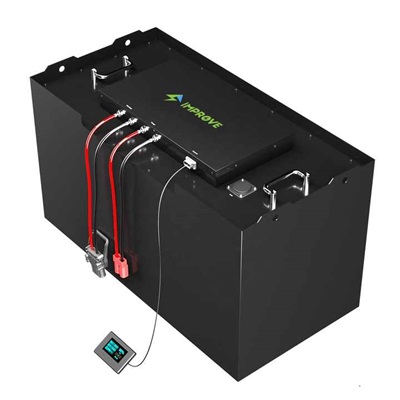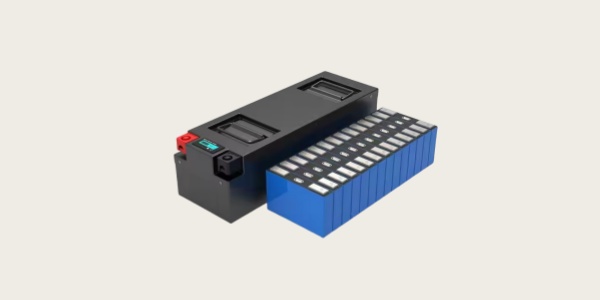How many volts is a 48v lithium battery fully charged
**Understanding the Voltage of a Fully Charged 48V Lithium Battery**

In recent years, lithium batteries have gained immense popularity due to their efficiency, longevity, and lightweight nature. As technology advances, more people and industries are increasingly relying on these batteries to power various devices and applications. One common type of lithium battery system found in electric vehicles, renewable energy storage systems, and various electronic gadgets is the 48V lithium battery. But how many volts does a 48V lithium battery actually hold when fully charged? Let's dive into the details.
At first glance, it might seem straightforward that a 48V battery is meant to deliver 48 volts. However, the unique characteristics of lithium batteries necessitate a deeper exploration of charging and voltage. In actuality, a fully charged 48V lithium battery typically reaches around 54.4 volts. This slight discrepancy is due to the charging process and the specific chemistry of lithium-ion cells used in these battery packs.
A standard 48V lithium battery is generally composed of 13 cells connected in series. Each lithium-ion cell, when fully charged, operates at about 4.2 volts. Therefore, the calculation goes as follows: 4.2 volts (per cell) multiplied by 13 cells equals approximately 54.6 volts. This surge in voltage during charging is essential; it ensures that the battery can efficiently deliver the necessary power over its lifespan.
Understanding voltage levels is crucial for various reasons. For instance, users must consider the precise needs of their devices when selecting a power source. A fully charged battery, providing around 54.4 volts, ensures that electric vehicles can offer strong performance, while renewable energy systems can capture and store energy effectively. Knowing the exact voltage can also prevent equipment malfunctions due to under- or over-voltage scenarios.
Moreover, the 48V lithium battery's charging behavior emphasizes the importance of using compatible chargers designed specifically for lithium-ion technology. These chargers not only help maintain optimal voltage levels but also enhance the battery's lifespan by managing its charge cycles effectively. When experts recommend specific charger types or settings, they are often consider the delicate balance between charging efficiency and battery health.
In addition to the technical aspects, users should also consider safety when dealing with lithium batteries. Although they are generally safe when used properly, improper handling or charging practices can result in hazards. Always ensure that any battery management systems are integrated, as they serve to monitor voltage levels, temperature, and other vital parameters to protect against potential risks.
In conclusion, while a 48V lithium battery may be marketed with a nominal voltage of 48 volts, understanding that its fully charged state is closer to 54.4 volts is crucial for users and industries alike. Recognizing the importance of voltage levels, proper charging practices, and safety mechanisms not only enhances the performance of the devices we depend on but also promotes a safer, more efficient energy future. By fostering this knowledge, we can embrace the advantages of modern battery technology and make informed choices that propel us toward innovation and sustainability.

